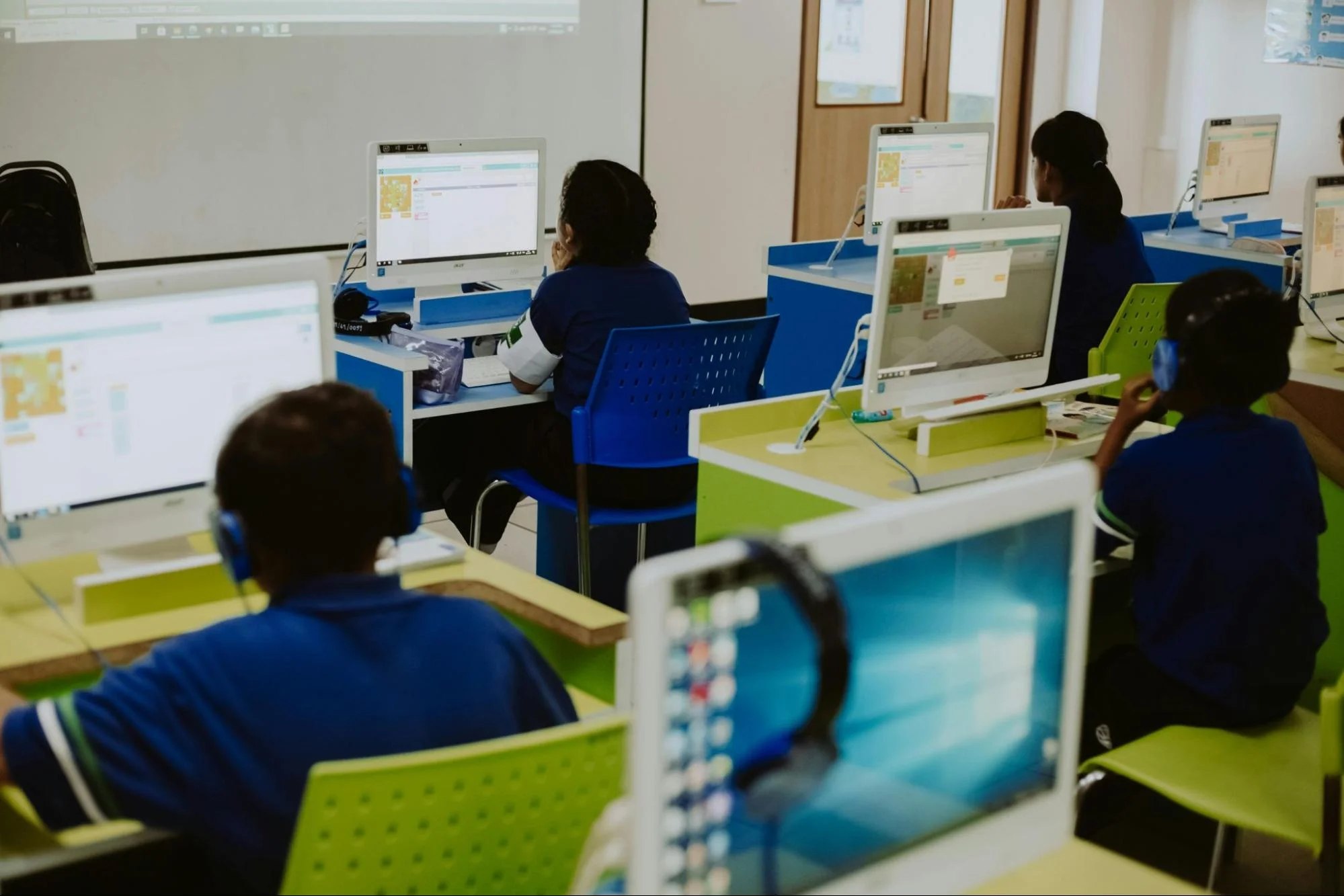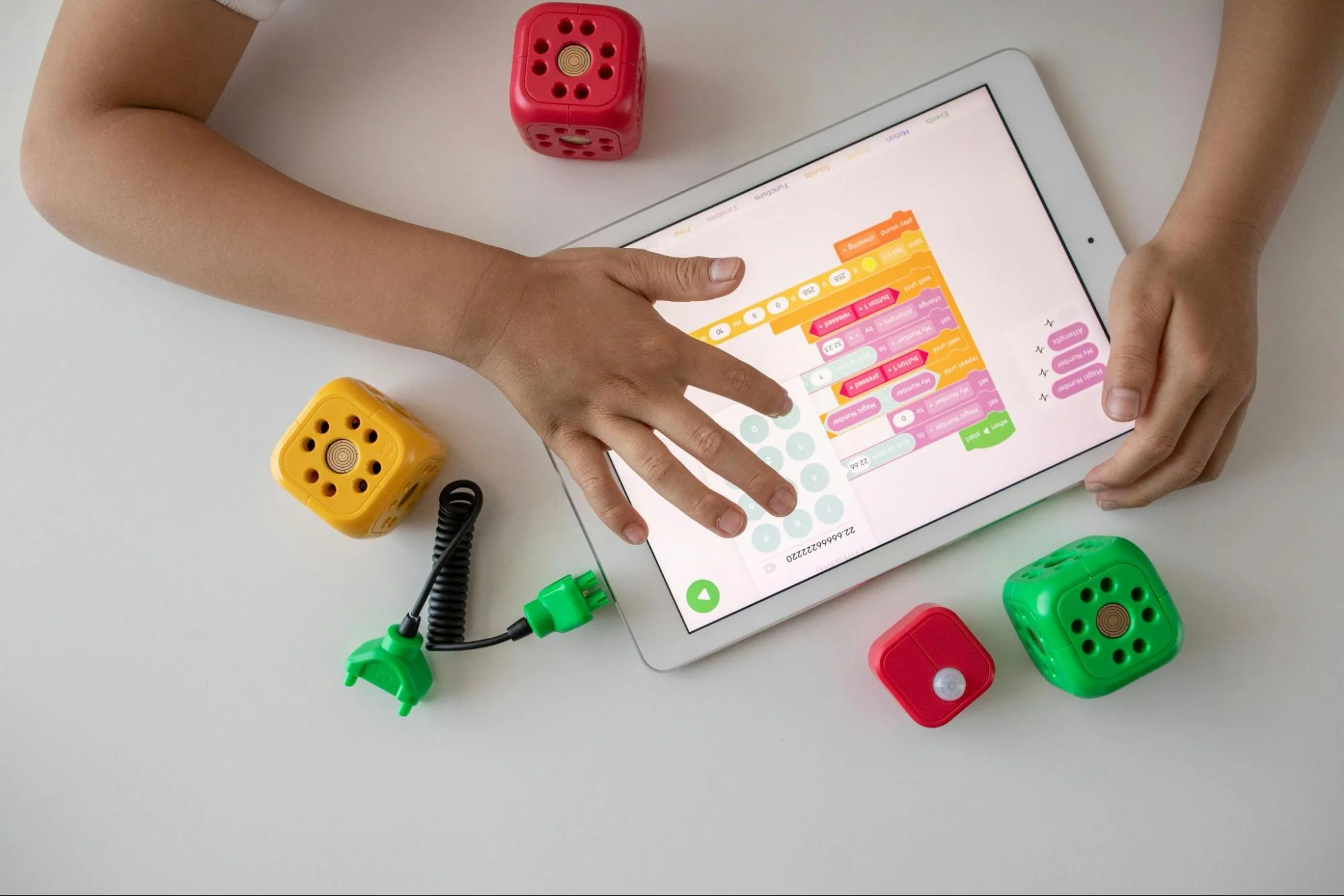
Update: This article was last updated on 8th November 2024 to reflect the accuracy and up-to-date information on the page.

Scratch coding has grown in popularity among kids, and it’s certainly not hard to see why. Scratch makes it easy to learn the coding fundamentals and start doing unique projects right away.
As one gains more experience with the platform, one may wonder if there are more advanced skills they should be learning instead. As of 2020, the language’s official site shows community statistics of over 58 million projects to be shared by 57 million active users and 48 million website visits monthly. And if so, what are they, and how do you learn them? Let’s take a look!
Understanding The Basics
Mitchel Resnick and his colleagues created the Scratch programming language in 1998. The MIT Media Lab’s Lifelong Kindergarten Group developed it. It is specially designed for kids to acquire fundamental knowledge related to coding and game development.
If you have kids interested in learning to code or if you are considering teaching coding in your classroom or community, they must learn about the fundamentals of coding before diving into some of the more advanced components like JavaScript and Python.
That’s where Scratch coding comes into the picture! Scratch’s graphical user interface allows easy drag-and-drop creation of interactive stories, animations, games, music, and art. Its simple block interface supports visual and text-based programming and includes a built-in help option.
Building a Project in Scratch

Once your child understands the basics, they can start creating simple programs in Scratch. Let’s see how they can build a project in Scratch!
- Find the Start a new Scratch project button at the top of the page and click it.
- Give your project a name and an intro by clicking on the Title and Intro buttons.
- After that, you can add blocks of code to make your game!
- To achieve this, locate the Add Block button in the page’s footer on the left side and click it. You can also delete blocks you don’t need or move them around by dragging them with your mouse.
- Finally, when you’re done adding blocks, hit Publish This Project Online. Now, anyone in the world can play your game!
Recommended Reading: Top 5 Scratch Project Ideas for Kids
Helpful Tips For Using Scratch
Scratch’s user-friendly technicalities make it simple to create interactive projects. With this tool, kids can learn to code without the frustration of text syntax and keyboarding. Check out these helpful tips for using Scratch!
- Get started with Scratch by playing the games or making something fun with one of the templates, like painting or drawing a picture.
- Create your project from scratch.
- Use the guide to building blocks that make up an animation or game in Scratch’s block editor window.
- If you want to add sound, click on Sounds at the top of the screen, type in what you want to say, and Create.
- Now watch as your game plays!
Mini-Glossary of Key Scratch Terms
To help parents and beginners understand the basics of Scratch coding, here’s a quick glossary of some commonly used terms:
- Sprites: Sprites are the characters or objects that kids can control and program in Scratch. They can be animated, moved, and customized, serving as the main elements in most projects.
- Scripts: Scripts are the sets of code instructions that control a sprite’s actions. In Scratch, scripts are created by snapping together coding blocks in sequences to form behaviors or animations.
- Blocks: Blocks are the visual coding elements that kids drag and drop to create their programs. Each block has a specific function, like moving a sprite or making it play a sound, and blocks are color-coded by categories, such as Motion, Looks, Sound, and Events.
- Stage: The stage is the main area where the action happens. This is where sprites perform their actions, and it serves as the project’s backdrop, which can also be customized or changed throughout the project.
- Loops: Loops are blocks that allow kids to repeat a sequence of actions multiple times. Loops are essential in programming for creating repeating actions, such as making a sprite jump continuously.
- Debugging: Debugging is the process of finding and fixing errors in a project. Scratch makes debugging easier for kids by allowing them to test and adjust their code, teaching them to identify mistakes and improve their problem-solving skills.
Final Words
In this digital world, it’s more important than ever that coding can be used in everything from websites and apps to video games. Scratch coding is an excellent way for kids to learn the basics of programming.
It helps you learn how computers and programs function on a fundamental level. They can learn how to code and debug their programs by creating simple programs. So, it’s quite an exciting and required skill to know!
Moonpreneur is on a mission to disrupt traditional education and future-proof the next generation with holistic learning solutions. Its Innovator Program is building tomorrow’s workforce by training students in AI/ML, Robotics, Coding, IoT, and Apps, enabling entrepreneurship through experiential learning.
























